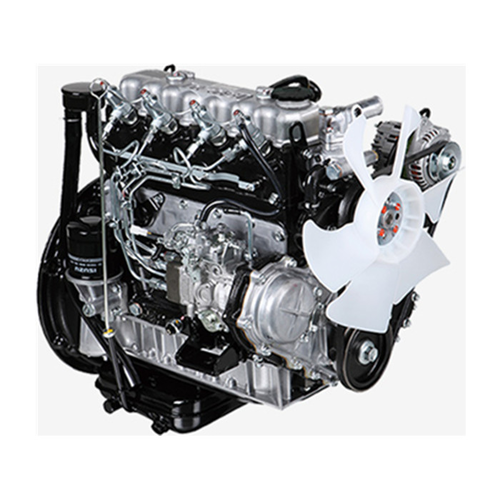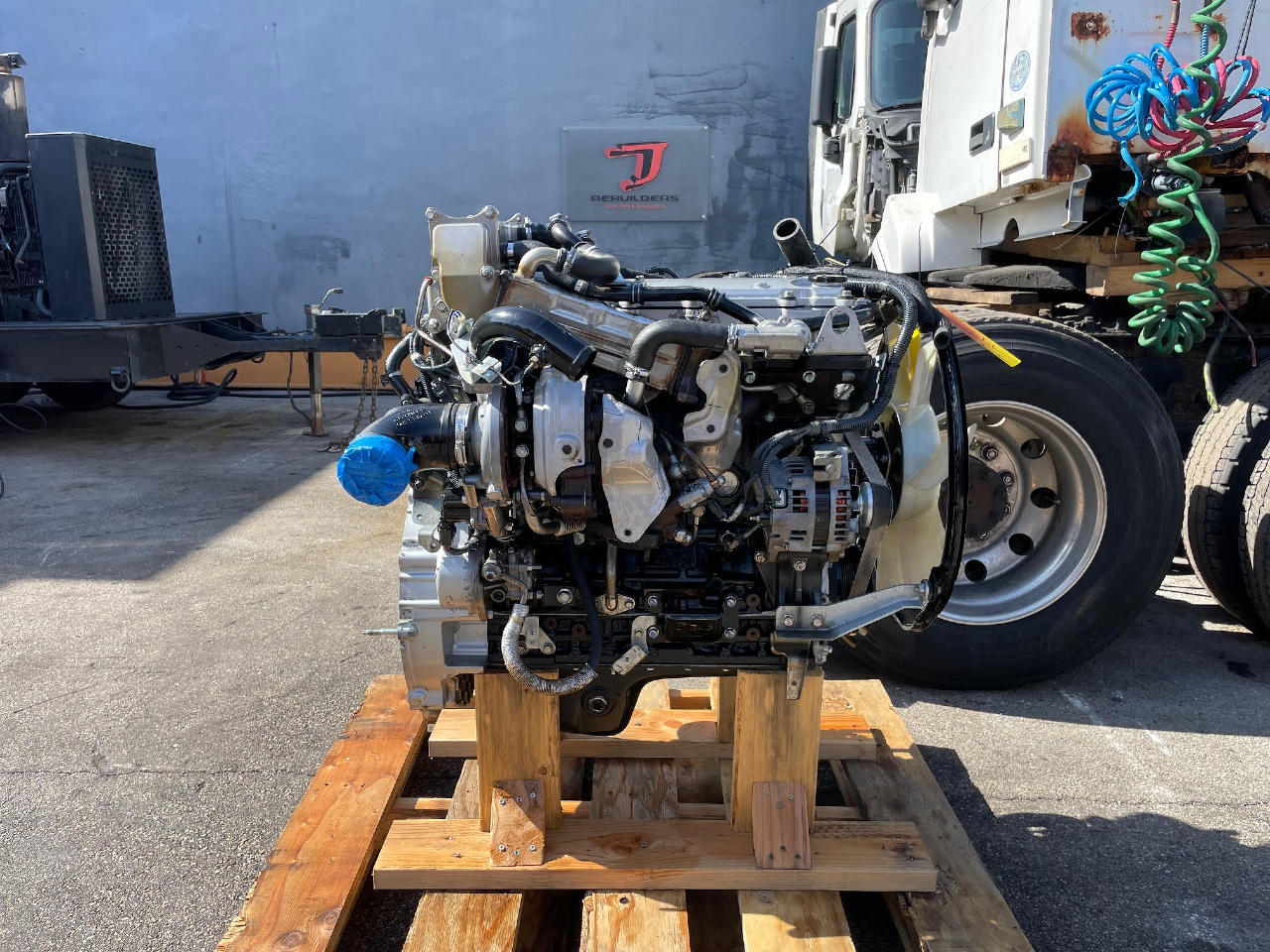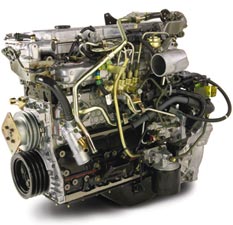Discover the Value of Spending in a Previously Owned Engine for Cost-Effective Repair Works
In today's financial environment, the attraction of used engines as a cost-effective repair solution is undeniable. With possible financial savings of 50% to 70% contrasted to buying brand-new, these engines provide an economically savvy option for both individual car proprietors and fleet supervisors.
Benefits of Second-Hand Engines
The attraction of used engines lies in their affordability and usefulness, making them an appealing option for budget-conscious customers and services alike. Beyond price considerations, these engines supply several fringe benefits that enhance their charm. One significant benefit is their environmental influence. By buying a used engine, consumers add to minimizing waste and conserving sources, as it extends the lifecycle of an engine that may otherwise be disposed of.

In addition, the purchase of a second-hand engine can be a time-efficient remedy (isuzu engine for sale). With engines conveniently available via different vendors, the process of installing a substitute and sourcing can be sped up, minimizing downtime for individuals and services

Cost Financial Savings Discussed
Purchasing second-hand engines can lead to significant cost savings, serving as an economically prudent option to getting new. In comparison, pre-owned engines supply a sensible alternative to recover lorry functionality without incurring expensive expenses.
On standard, second-hand engines can set you back anywhere from 50% to 70% less than their brand-new equivalents. The lower first financial investment in a second-hand engine minimizes monetary risk, making it an eye-catching option for both companies and individuals.
In addition, second-hand engines are commonly readily available, lowering downtime and associated expenses. Deciding for a used engine can likewise lead to financial savings in insurance expenses, as a reduced engine worth can result in reduced premiums.
Ensuring Engine Integrity
Securing the integrity of a pre-owned engine pivots on meticulous assessment and notified decision-making. A thorough evaluation is vital, entailing a thorough assessment of the engine's history, including previous usage and upkeep documents. Potential customers need to prioritize engines with in-depth solution documents, as these documents offer insights into the engine's care and potential longevity.
The health examination of the engine is equally crucial. Search for visible signs of wear or damage such as oil leakages, deterioration, or uncommon sound during operation. Engaging a certified technician to perform a compression examination and oil analysis can even more determine the engine's health, disclosing possible problems that may not be use this link instantly obvious.
Additionally, picking a reliable supplier is essential for making certain top quality and dependability. Trusted vendors usually supply guarantees, offering an included layer of protection and assurance. They also often tend to have a robust return policy, which can be critical if unanticipated issues emerge post-purchase.
Eventually, investing in a used engine requires a balance of technological knowledge and care. By adhering to these standards, one can confidently acquire an engine that is not only cost-effective yet also reputable for long-lasting usage.
Environmental Effect
Regularly ignored in conversations regarding used engines is their environmental influence. The reuse of engines can considerably add to decreasing waste and preserving resources. By selecting a secondhand engine, consumers aid decrease the demand for brand-new engine production, review which entails energy-intensive manufacturing processes and the removal of raw products. This reduction in production need results in lower carbon discharges and a smaller sized environmental footprint.
Furthermore, pre-owned engines prolong the lifecycle of auto parts, reducing the requirement for scrappage and disposal. The vehicle industry is a major contributor to landfill waste; therefore, reusing practical elements can relieve the burden on landfills and decrease environmental deterioration (isuzu engine for sale). By embracing a circular technique, where elements are recycled and recycled, the market can move towards more sustainable methods
In enhancement, the repair and sale of pre-owned engines commonly entail regional services, which can cause a reduction in transportation discharges compared to the distribution of new engines. This localization of deals not only supports the local economy but additionally straightens with international efforts to decrease transportation-related carbon emissions. Ultimately, spending in pre-owned engines provides a chance for consumers to make environmentally responsible selections while resolving their vehicle requirements.
Finding a Reputable Seller
When buying a used engine, it is vital to locate a respectable seller to guarantee the quality and integrity of the purchase. A reputable seller not just ensures the engine's problem however also gives necessary paperwork, such as service background and mileage documents, which are important for evaluating the engine's real value. To identify such a vendor, start by researching online testimonials and scores on systems like Google and BBB, which supply insights into past customers' experiences.
Networking within automobile communities can additionally be helpful. Involving with forums or local cars and truck clubs can bring about referrals from enthusiasts that have direct experience in purchasing pre-owned engines. Additionally, consider speaking to certified car service center, as they often have links with credible providers.
A reputable seller will be transparent about these aspects, offering a level of guarantee and protection for your acquisition. Seeing the vendor in individual, if practical, enables for a direct assessment of their professionalism and trust and the chance to check the engine before completing the deal.

Verdict
Investing in pre-owned engines presents view an economically viable choice by substantially lowering repair work expenses, therefore allowing for the reallocation of funds to other crucial car repair services. In addition, the adoption of second-hand engines sustains ecological sustainability via resource conservation.
By buying a used engine, customers contribute to decreasing waste and saving sources, as it expands the lifecycle of an engine that might otherwise be disposed of.
In addition, due to the broad availability of second-hand engines, consumers have the flexibility to select from a diverse array of requirements, versions, and makes, permitting them to find an engine that precisely matches their requirements.
Opting for a used engine can also lead to savings in insurance costs, as a lower engine worth can result in reduced costs. Possible customers must focus on engines with in-depth service documentation, as these records supply understandings into the engine's care and possible longevity.
In addition, the repair and sale of pre-owned engines often involve neighborhood services, which can lead to a reduction in transportation emissions contrasted to the circulation of new engines.